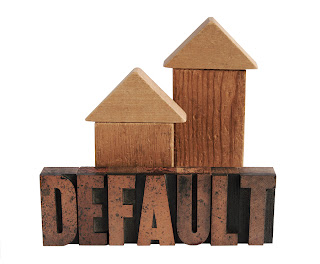and those are great, but more often in Real Estate you get properties
that in one way or another could use a little love…

Curb appeal is one of the most important factors in selling a home
fast. Buyers determine whether they like a house or not in the first
15 seconds.
And you know what they say… you never get a second chance
to make a first impression.
there is a good chance that the thought of what the home looked
like is going to stick with them. Before they buy a home, the
buyers want to envision themselves living in the home.
Here are a few ideas that a home owner can use to make a huge
difference in selling the home but won’t break the budget.
• Swap out the old “Welcome” mat with a new one.
• Make sure that the doors are easy to open and they may want to paint them.
• Replace the porch lights and house numbers if they are broken or tarnished
• Add a nice bench or a couple of chairs on the porch, if you there is space available.
• Make sure the yard is manicured, weeds pulled and the shrubs are cut.
• Remove any cobwebs, dead plants, old mail etc
• Clean foggy and dirty windows
• Sweep the driveway and the entrance to the house.
Take a walk through the inside of the property and see what
the home needs. Some less expensive updates you can do to a
home is new lighting and replacing older mirrors in the
bath.
Make sure that the property smells clean and neutral. Get an
air-freshner and you could even wash or paint the interior walls
and ceilings. This will aid in keeping the home smelling fresh.
Cleaning the bathroom and kitchen counters will also assist
with making the home feel clean and smell fresh.
Take the time to do some of these quick cheap and easy
fixes that can help you sell a property quickly.
Contact me for any help with Real Estate.




























